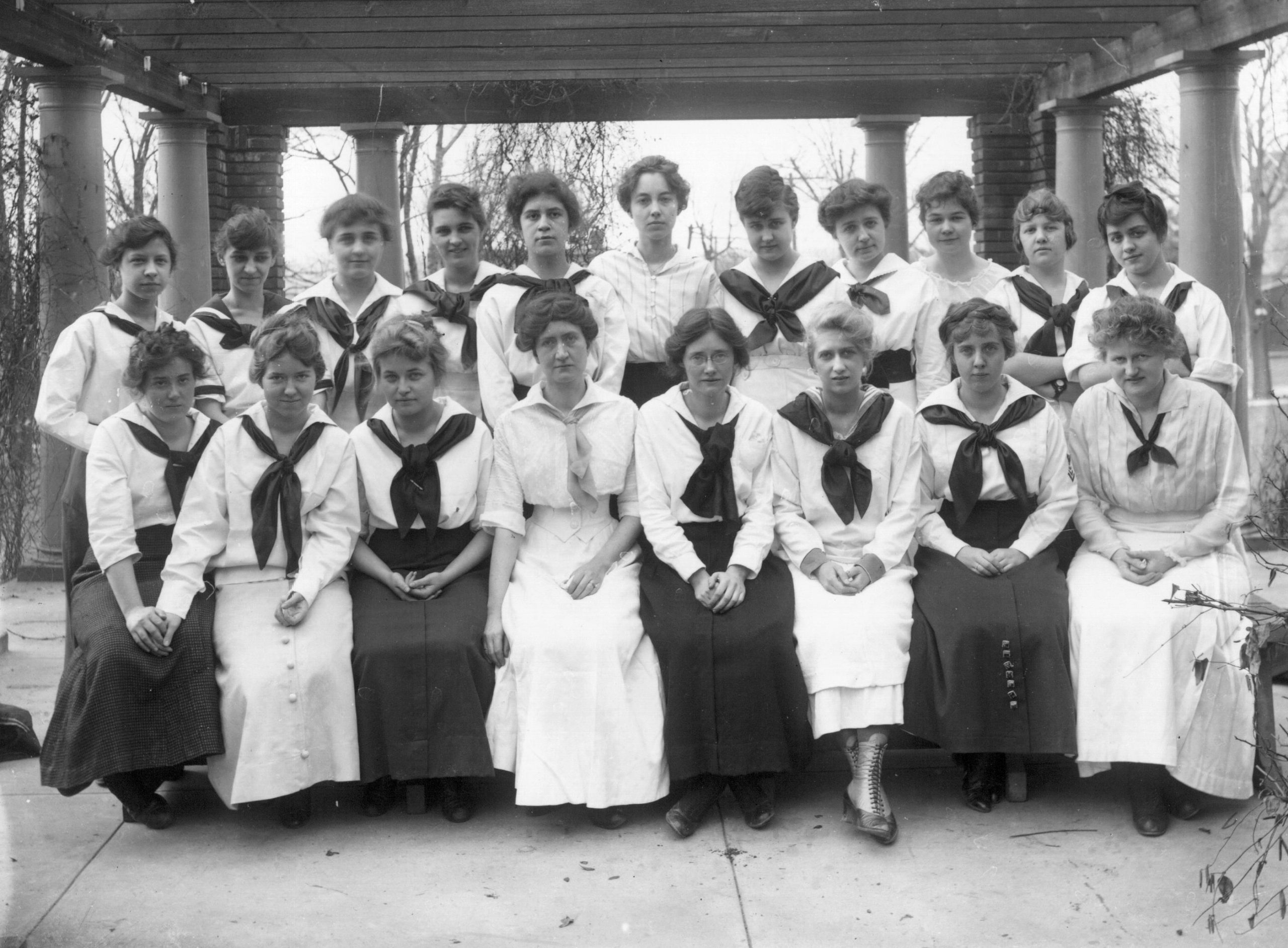2nd Year Classics and English Student, Magdalen
I usually enjoy being in the minority as a female Classicist at my college. The public school boys in my class may have been taught Classical languages for longer and with greater old-fashioned rigour than me, but I like bringing something different to the class. A partially self-taught flare for language, a real love of the literature and a bit of frankness and openness are more than a match for their instilled confidence. The backwardness has rarely held me back—but on one occasion it became too much. I signed up voluntarily for a Latin verse composition class last year, having dipped into it at my girls’ school with the help of a supportive teacher. The class was both full of and taught by old Etonians, from a textbook entitled something along the lines of Verse Composition for Eton Schoolboys. The last straw came for me when another boy in the class, who was from a different public school with a reputation for Classics, said he felt overlooked by the tutor because he wasn’t an Etonian. If he felt overlooked, this was nothing on how little I was encouraged. I ended up dropping something I was really interested in, instead directing all my efforts towards my tutorials with a young, female tutor who agreed about the department’s problems with institutional sexism.
In the admissions cycle of which this writer was a part, Magdalen received 377 female applicants and 372 male applicants. Only 44 (12%) of the female applicants were successful. Of the men, 72 (or 19%) got a place.
2nd Year History Student, Keble
Discussing ancient Athenian gender politics with a male tutor and two boys was bound to be an interesting experience. Whilst it generally was one I enjoyed, the gender politics at work in my tutor’s office were at times shocking. Is it problematic that in tutorials discussing ancient misogyny, my tutor was forced to stop the discussion and specifically address a question to me as the only woman present because so far the conversation about the presentation of female sexuality in Greek comedy had been dominated by the men whose surrounded me? Perhaps the fact that the room had to be silenced in order for me to give my opinion suggests we haven’t moved as far away from the ancient patriarchal oppression that my tutor cheerfully pointed out was long gone—“it’s a shame that some of the brightest minds in Athenian society were ignored—they made a huge mistake in doing that”.
In spite of the fact that almost 60% of humanities students are female, the number of women holding professorships in the Humanities lies at a little over 38%.
1st Year English and French, Queen’s
We’re often told that English is a girls’ subject, but I hardly expected it from the men studying it as well. When a male, fellow English student once said to me “you’re just more sensitive to literature than I am, because you’re a girl”, I was shocked. It shows that in spite of the definite academic shift, away from the tired clutches of gendered thought, sexist attitudes persist. I can go to a lecture on feminist theory and the construction of gender in Ulysses. I can write my English language essay on the meaning of the word “woman”, and indeed whether there is such a thing. I can discuss queer and gender identity with the DPhil students at my college, whose theses have given them room to explore these things. In spite of all this, we’re still falling into the trap of seeing gender as significant in explaining differences in who should study what. We know that this is an irrelevance, a safety blanket we need to let go of, but still, it persists.
The perception of ‘girly subjects’ causes problems even at the application stage: of the 56 applicants for English and French last year, 47 were female, and only 9 were male. These numbers are reflected in the wider humanities joint schools.
3rd Year French and Russian Student, Pembroke
Among one of the most interesting things I brought home with me from Russia, aside from the cheap vodka and Putin T-shirts, was a better understanding of the Russian woman. The Russian woman, although I’d rather refrain from generalisations, exudes a courage and determination that I have rarely encountered in such a form. Living with a Russian “grandmother” and her daughter, I learnt a great deal about their willpower and admirable grit. Stepping off a minibus into the darkness of Yaroslavl, a tiny yet resilient Tanya greeted me and together we carried my 30kg suitcase up ten flights of stairs for lack of a lift. She complained not once, welcoming me with open arms and introducing me to her daughter of 25 who, despite the desires of her ex-husband, had pursued a successful career in dentistry while raising her four-year-old son with the help of her mum. Within half an hour I realised that these women were in need of no one else, or at least no Russian man (who my babushka frequently branded a waste of time). When gracing the male-dominated newsrooms of France and London later on that year, I would remind myself of the resolve of Tanya and Nastya, who would hold their own without grievance and who would never give up.
The University admits approximately even numbers of male and female applicants. The problem lies in localised areas, such as subject and college. For example, English continues to be ‘for girls’ (60% female), Engineering ‘for boys’ (82% male).



